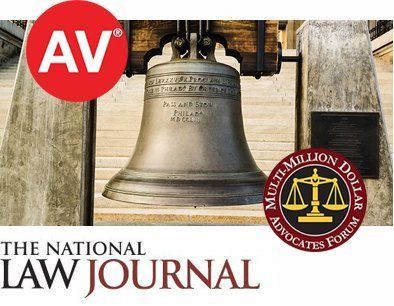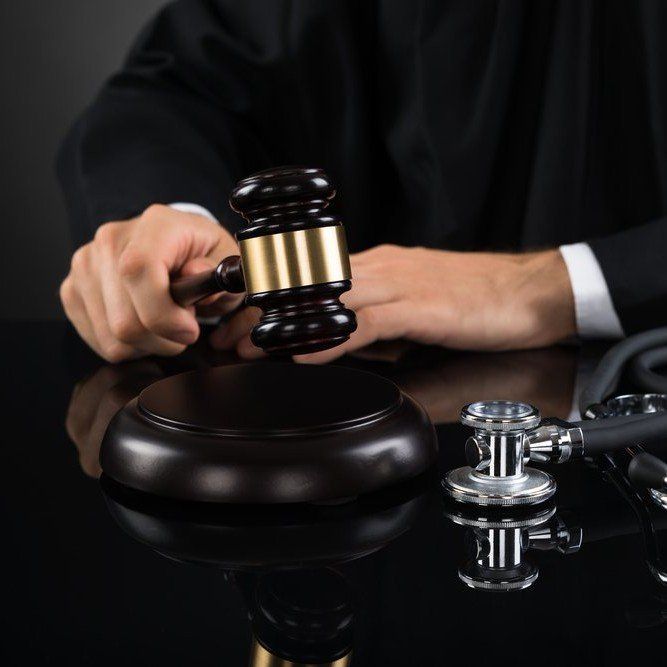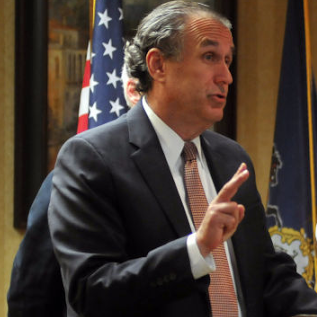WHAT IS THE PENN STATE ADMINISTRATION AFRAID OF?

Originally Published by the Centre Daily Times
BY ALVIN DE LEVIE
DECEMBER 12, 2017 10:00 PM
What is the Penn State administration
afraid of? For years after the Jerry Sandusky affair, Penn State repeatedly told us it was going to be more transparent. Even in the university’s recently approved Strategic Plan, the university makes much of its commitment to acting with integrity and to hold itself accountable. Sadly, it has not been accountable.
As recently as July of this year, when he became chairman of the Board of Trustees, Mark Dambly personally pledged to lead with “purpose, integrity and transparency.” (Penn State trustees approve tuition hike, Pittsburgh Post-Gazette, 22 July 2017). Sadly, he has not.
In 2014, when President Eric J. Barron announced he would review the Freeh Report, he stated, “I do not want people to believe that Penn State is hiding something. I feel strongly about this.” (Penn State News, Nov. 15, 2014). Sadly, he has not kept his word.
While Penn State says all the right things, the administration and certain trustees only pay lip-service to its commitment to be transparent.
In November, the Penn State board of trustees (with alumni-elected trustees and Elliot Weinstein, appointed by Gov. Tom Wolf, dissenting) approved a change to the university’s charter and bylaws, which assure Penn State will not have to be transparent and will continue to do business the old-fashioned way, behind closed doors. Kudos to the dissenters.
This change to the charter and bylaws limits trustees’ ability to challenge the administration.
For a university that ought to be concerned with accountability as it struggles to free itself from years of scandal and a lack of transparency, this change is shortsighted, pointing the university in the wrong direction.
The change prohibits reimbursement to Trustees for legal fees
they incur in bringing a lawsuit against the university.
Background: Penn State hired Louis Freeh’s law firm to investigate the Sandusky affair. The Freeh Report made sweeping allegations about the university. The report caused great damage to the University, including imposition of NCAA sanctions.
In fulfillment of their fiduciary obligations, certain trustees sought documents upon which Freeh based his conclusions. Trustees claimed the documents were necessary to evaluate and assess the truth of Freeh’s conclusions and to allow them to make critical decisions related to the administration’s policies. The university refused to give these documents to those trustees.
The Centre County Court
ordered the university to turn over documents to the trustees. The trustees’ who incurred legal expenses, as they fulfilled their duties, sought reimbursement. At the time, the charter and bylaws provided for reimbursement of such expenses. The university refused and forced the trustees back into court, which eventually forced the university to pay the fees.
Now, in an effort to chill the trustees from doing their jobs, and because the university administration wants to conduct business behind an iron curtain, the university and certain trustees proposed a change to the charter and bylaws to restrict reimbursements to trustees to “reasonable direct travel expenses,” precluding reimbursement of legal fees for suits brought against the university.
The trustees have a fiduciary obligation to act in the best interests of the university. As history has shown and present circumstances increasingly require, the pursuit of that obligation may place trustees in a position adverse to the administration.
The trustees must act independent of the university
administration when they feel the administration is not looking after the university’s best interests. In these situations, the trustees must have access to the courts if they are to hold the university administration accountable to its alumni, its students and the Penn State community.
The university knows these battles can be costly. The university knows, in a battle of resources, the university will always have the upper hand against a group of trustees. By withholding reimbursement from trustees for legal fees incurred in fulfilling their fiduciary obligations
— even if the trustees prevail in court — Penn State is stifling the trustees’ ability to do their jobs.
In changing the charter and bylaws, the administration and certain trustees dispelled any notion they care about transparency and accountability. They want to dictate what the board may have access to, controlling the information available to the board, thus limiting the trustees’ ability to do their jobs.
If scandals of the recent years have taught us anything, it is Penn State needs greater accountability and transparency. As Auditor General Eugene DePasquale warned only days before the vote: Trustees ought to be concerned about changes to the charter and bylaws that “limit access to information about the university they are elected to preserve and protect.” (Ahead of Penn State trustees meetings, Auditor General urges more transparency, accountability, PennLive.com, Nov. 8, 2017).
Trustees need to be emboldened and empowered
to carry out their duties. The university administration and those trustees who voted for the change to the charter and bylaws should act promptly to rescind the changes to insure the university administration’s transparency and accountability.
Alvin de Levie lives in Marlton, N.J.



























